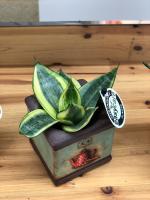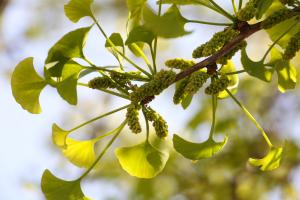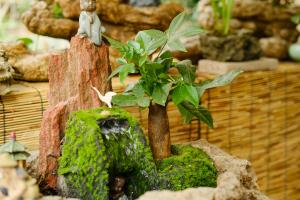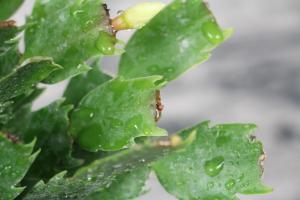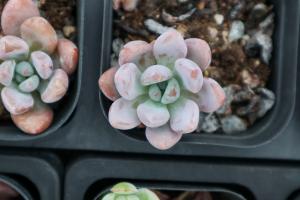Are Dead Leaves Good for Plants?
When autumn comes around, trees shed their leaves, creating a colorful spectacle. Many homeowners dread the task of raking up and disposing of their leaves, but what if we told you that those dead leaves could actually be beneficial for your plants and garden? Read on to learn more about the benefits of dead leaves and how to use them effectively in your gardening practices.
The Benefits of Dead Leaves
Dead leaves can provide various benefits to your garden and plants. Firstly, they can serve as a natural mulch, protecting the soil from extreme temperatures and retaining moisture. The layer of dead leaves also helps to suppress weeds and prevent erosion, ultimately improving the health of your garden.
Dead leaves are also a source of valuable nutrients for plants. As they decompose, they release essential elements such as nitrogen, potassium, and phosphorus, which can help to promote plant growth and development. These nutrients help to foster healthy root systems and stem growth, making your plants more resistant to pests and diseases.
How to Use Dead Leaves in Your Garden
Now that you understand the benefits of dead leaves, you may be wondering how to use them effectively in your gardening practices. One way is to create a compost pile. Simply add layers of dead leaves, food scraps, and other organic matter, and allow it to decompose over time. This creates a nutrient-rich compost that can be used to fertilize your plants and garden beds.
Another method is to simply spread the dead leaves over your garden beds. This creates a natural layer of mulch that can protect the soil, retain moisture, and improve the health of your plants. You can also shred the dead leaves into smaller pieces, making them easier to spread and allowing them to decompose quicker.
Some Precautions to Take
While dead leaves can provide numerous benefits to your garden and plants, there are a few precautions to take. Firstly, be sure to remove any diseased leaves from your garden, as these can spread plant diseases. Additionally, make sure to shred the leaves before using them in your garden bed, as large, whole leaves can form a dense mat that impedes water and air flow to the soil.
Conclusion
In conclusion, dead leaves represent an abundant and free source of nutrients and organic matter that can contribute to the health and beauty of your garden. Whether you use them to create compost or simply spread them over your garden beds, dead leaves can serve as a natural and effective way to fertilize your plants, protect your soil, and prevent erosion. So next time autumn rolls around and those leaves start piling up, consider using them in your garden rather than discarding them.

 how many times do yo...
how many times do yo... how many planted tre...
how many planted tre... how many pine trees ...
how many pine trees ... how many pecan trees...
how many pecan trees... how many plants comp...
how many plants comp... how many plants can ...
how many plants can ... how many plants and ...
how many plants and ... how many pepper plan...
how many pepper plan...
